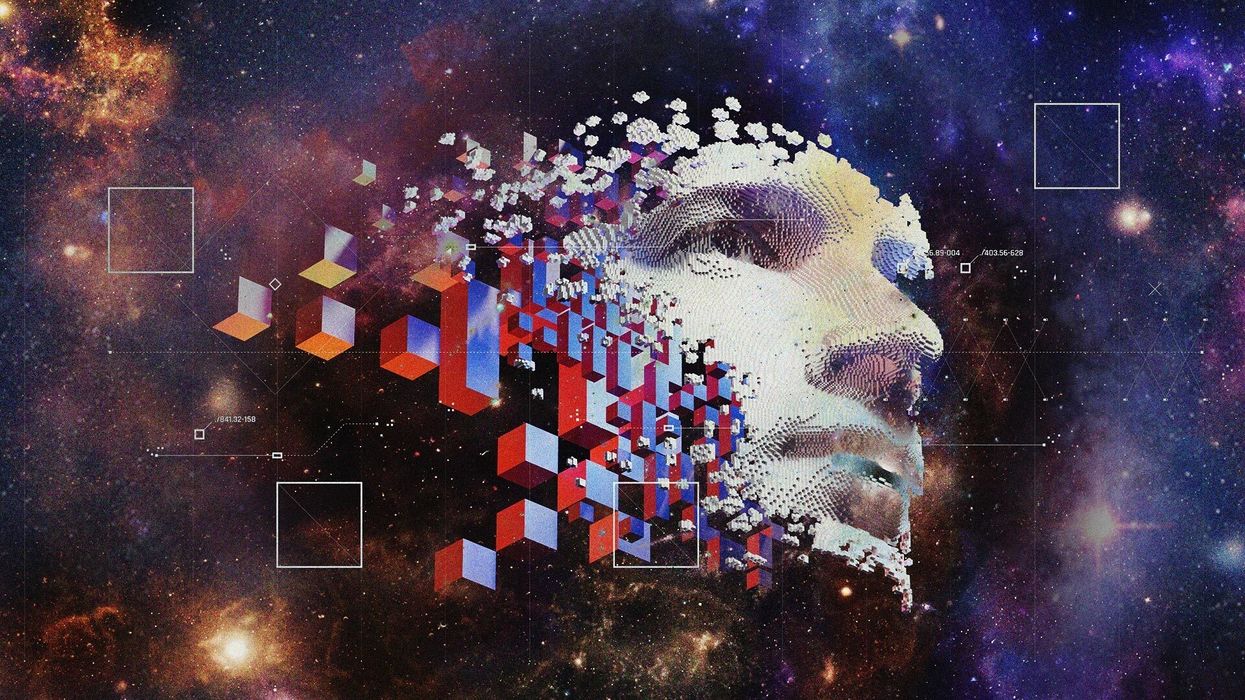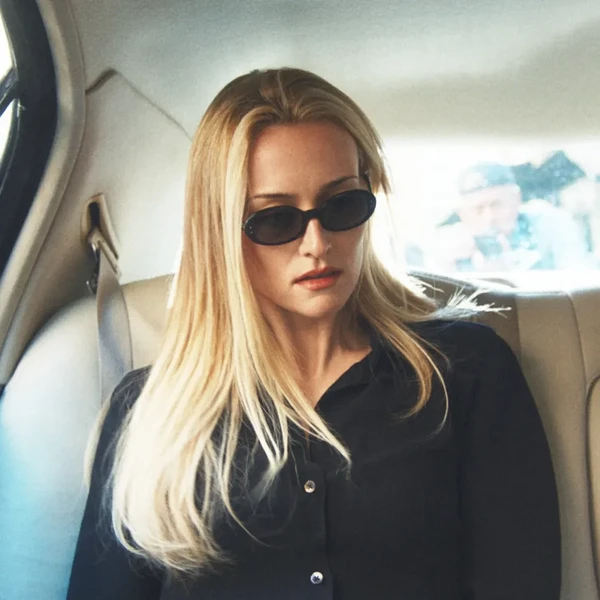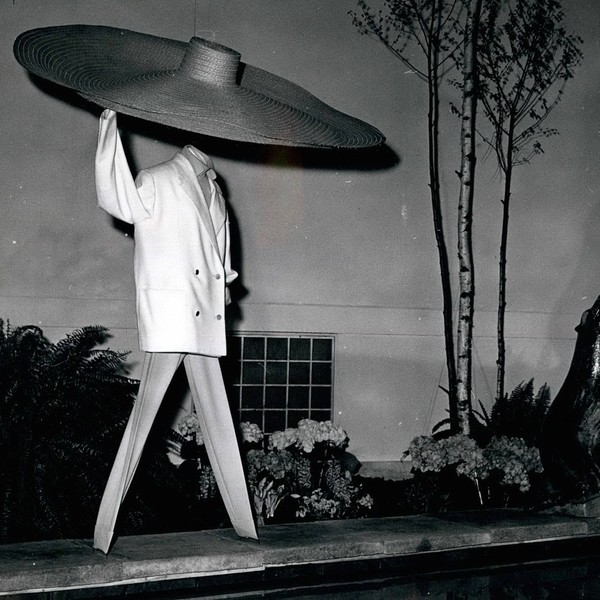AI Gurus Are Coming for the Witches
With the rise in AI technology, we stand to lose the nuance in the 2,400-year-old practice of astrology. |

Imagine a world where artificial intelligence becomes America’s most widely consulted spiritual advisor, despite being void of consciousness. Welcome to 2023! Now, let’s back up to unpack how we arrived in the land of robot gurus, and why the spiritual industry is at stake.
According to a 2017 Pew Research report, 25% of American adults consider themselves spiritual, not religious. When I first began my astrology practice eight years ago, coming out of the “woo” closet was still taboo, especially while juggling my corporate media day job. Fast forward to today and now every other Los Angeles-based lifestyle influencer touts some variation of intuitive coaching, with packages starting at $3,000 minimum.
I’m only throwing partial older-millennial shade! On the upside, it’s a sign of evolving times that the youth questions patriarchal religious institutions and opts to select their own ‘a la carte’ belief systems. Though problematic when spiritual guidance comes with a side of appropriation, privilege and commodification, the majority of new age influencers are generally harmless enthusiasts. They’ve attended their first ayahuasca retreat, had a first stage awakening, and are praising the oneness of all beings, claiming to have cracked the code to utopic manifestation!
Of course, mindfulness mentors have always existed, though teachings from Ram Dass and Thich Nah Hahn rarely get credited on social media beyond a meme account. In more recent history, “spiritual celebrities” have burst onto the scene, championed by kingmakers Oprah and Gwenyth, with relatable wisdom targeted toward the self-help generation. A few noteworthies include the likes of Ekhart Tolle, Deepak Chopra, Joe Dispenza, Shaman Durek and Susan Miller, all whose decades-long dedication and publishings paved the way for the age of Insta-Tok gurus to compress their teachings into bite size formats to hack an algorithm.
Since 2020 you can scroll the viral hashtag #witchtok, or follow trends like ‘Lucky Girl syndrome,’ and find conscious creators spouting shareable advice in 30 seconds or less to their followings. To their credit, spiritual practitioners had to learn to become creators in order to market their skills and make a living in our capitalist society. The intuitive industry isn’t exactly supported by current institutions. Observe, though, the paradox where ‘going viral’ means dumbing down complex practices and posting clickbait, which reduces the credibility of work. From my POV, as someone who works in media and practices astrology, the spiritual influencer landscape feels echo-chambery and does little to convert the conscious curious or quell the critics."Observe, though, the paradox where ‘going viral’ means dumbing down complex practices and posting clickbait, which reduces the credibility of work."
Still, there’s no doubt the conscious creator movement, alongside post-pandemic rejection of nine-to-five corporate culture, shook up the professional industry, as ‘spiritpeneur’ became a socially-acceptable job within the gig economy. In coastal metropolitan cities especially, healing practitioners who specialize in reiki, astrology, tarot, spellwork, and herbalism became the edgy equivalent of seeing a therapist. And like any other service provider, you’ll find some talented and studied, and some who would receive one-star Yelp reviews if their business was held accountable. Reputation and referrals are fueled by social media, so it’s only natural the youth has a leg-up advantage over the elder healers who’ve been practicing for pennies throughout the decades.
Astrology was first to hit mainstream commodification, thanks to horoscopes and in 2017, apps like Co-Star and The Pattern launched with a promise to deliver daily planetary wisdom in your pocket. The catch? The CEOs had no astrology training themselves and relied on early iterations of AI to write predictions.
Contrary to what memestrology would have you believe, astrology is an intricate 2,400-year-old system, individualized based on the exact date, time, and location of your birth. Newsflash! The monthly horoscope you read can only be partially accurate, as every armchair enthusiast knows they’re ‘not just their sun sign.’ To get an on-point reading you have to see an astrologer who understands the various signs, house placements, aspects, and rulerships of your personal chart.
The appeal of these apps would be understandable if AI had passed astrology certifications, but it’s clear from user tests on platforms like ChatGPT that technology isn’t educated enough to understand the practice’s nuance. I ran my own chart’s AI comparison and ChatGPT failed miserably, knowing just two out of six of my personal planets.
Consumers weren’t aware until the past year that their wisdom was being delivered by robots, though sentiment quickly leaned suspicious that something was off. In February 2022, Co-star received widespread criticism for its generalized fortune-cookie-style horoscopes and ominous push notifications, likely a fear marketing tactic to keep subscribers hooked. The Pattern, though noticeably more insightful, only predicts based on broad cycles and doesn’t provide transparency into transits.
So now we find ourselves at the inflection point, where Open AI is about to ramp up the robot war against witches, as reported recently by Digiday. And if we’ve learned anything from the Salem trials, it’s that society will let the witches burn.
"If we’ve learned anything from the Salem trials, it’s that society will let the witches burn."
Maybe you’re OK with robot witches. ‘Isn't astrology just a party trick anyway?’ you might ask. But what about when AI comes for life coaches? To riddance with the uncredible scam artists! Psychologists? They just want to keep you addicted to trauma to collect a paycheck! At what point will we stop outsourcing our growth and development to robots? Do we trust AI enough with the fragility of our human psyche, especially when we seek in our most vulnerable moments?
After personally reading for thousands of clients, celebrities, and CEOs, I’ve found most spiritual consumers want to feel seen for their gifts, guided through hardship, and comforted that something bigger than humans is co-creating our destiny. Whether you believe in a universal creator or not, it’s clear that AI does not have the spiritual understanding, much less the ethical wiring, to be our next iteration of guru. And in a more sinister twist, its lack of moral compass and capitalistic programming could manipulate vulnerable humans into darker territory. We must consider the motivations behind those who profit from AI industry upheavals.
Maybe I’m just a bitter witch, tired of this unregulated, fast-moving cyborg world, and ready to retreat to the woods. Or, maybe the astrologers are the ones with the foresight to fight for better tech regulations.
Want more stories like this?
Your 2022 Astrological Forecast
Take the Bull by the Horns, It's Taurus Season
Buckle Up, It's Aries Season




